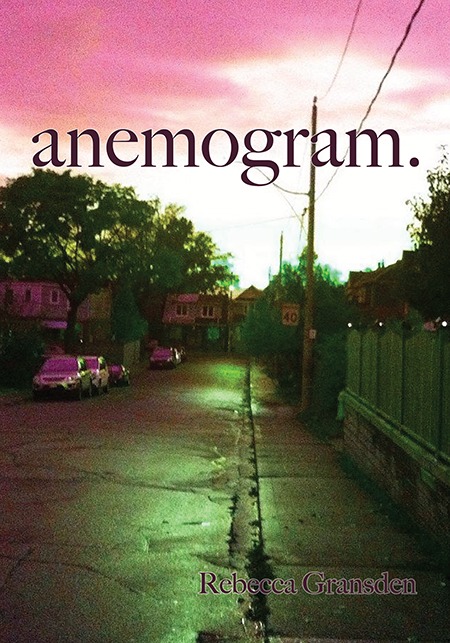What do you think?
Rate this book


254 pages, Paperback
First published August 20, 2015
“…she turned and headed across open wasteland, into the domain of the sun and its cherishing death. She bobbed up and down and held out her white dress, spinning and drawing in the warm air. Her legs were cherubim podgy and she moved like an electrified hamster. The wasteland contoured down a textured valley which in turn vaulted into the distance and away. She stood in its open magnificence, its blanched earth under the blue-white sky of God. Everything in the distance; she would play unseen. She left her giggles behind her as she took off running. The ground flattened like an ancient seabed and she took her little body over it. She forgot her feet as she chased her own arms down. The surrounding landscape stayed static and true as she fed her hunger for abandonment…”